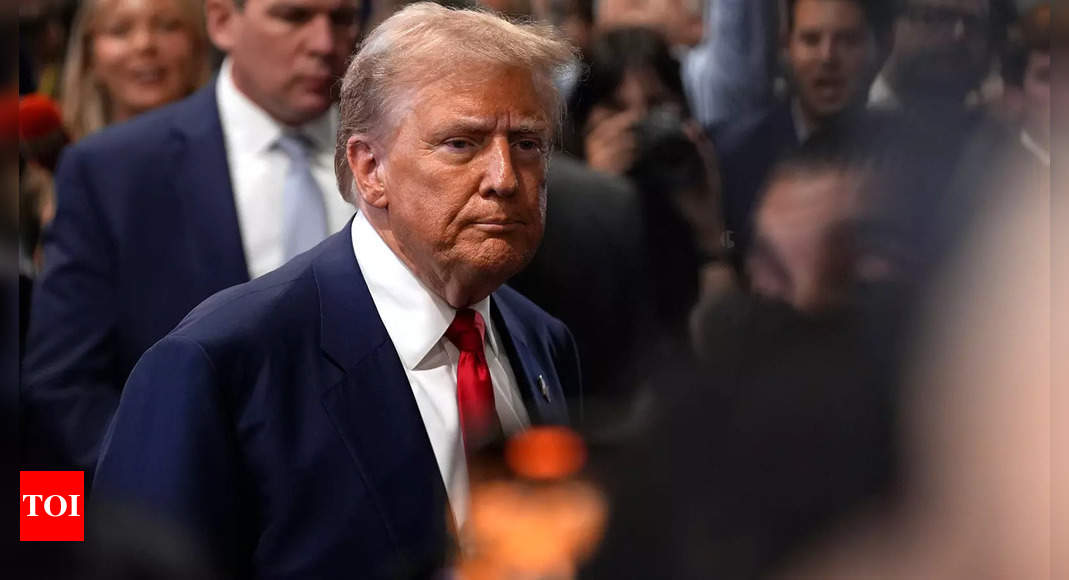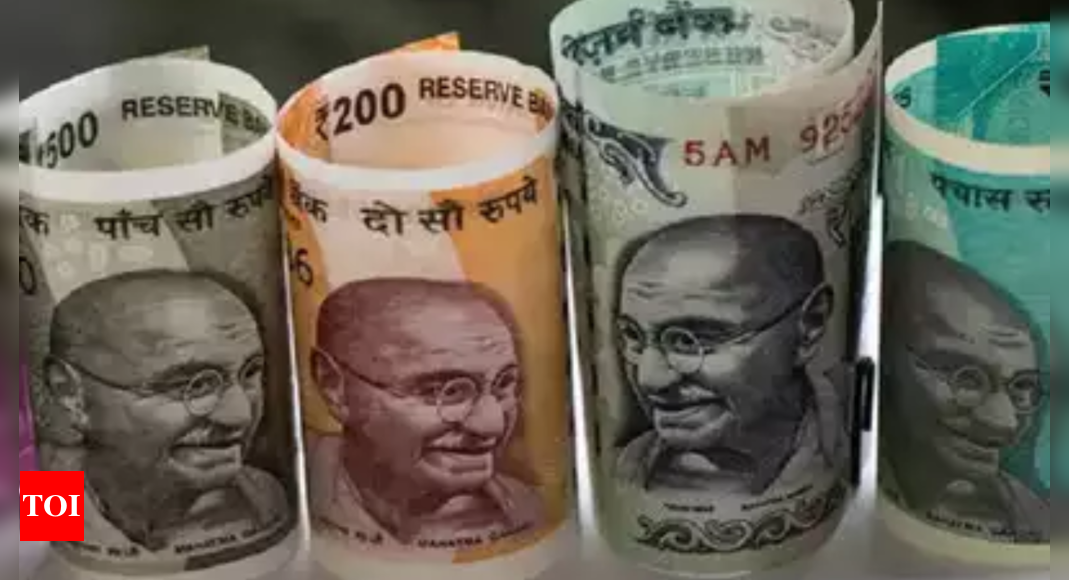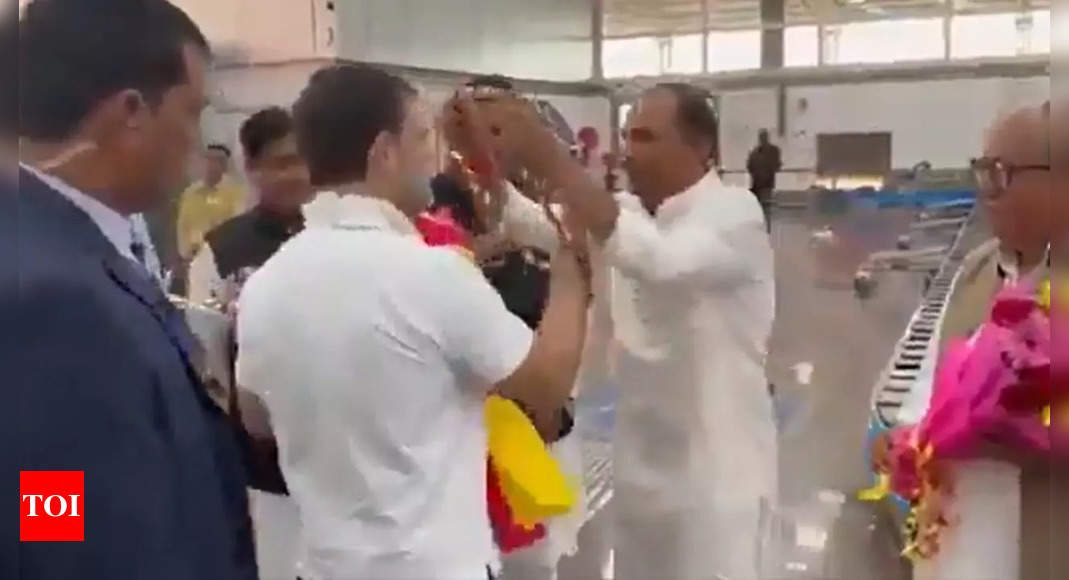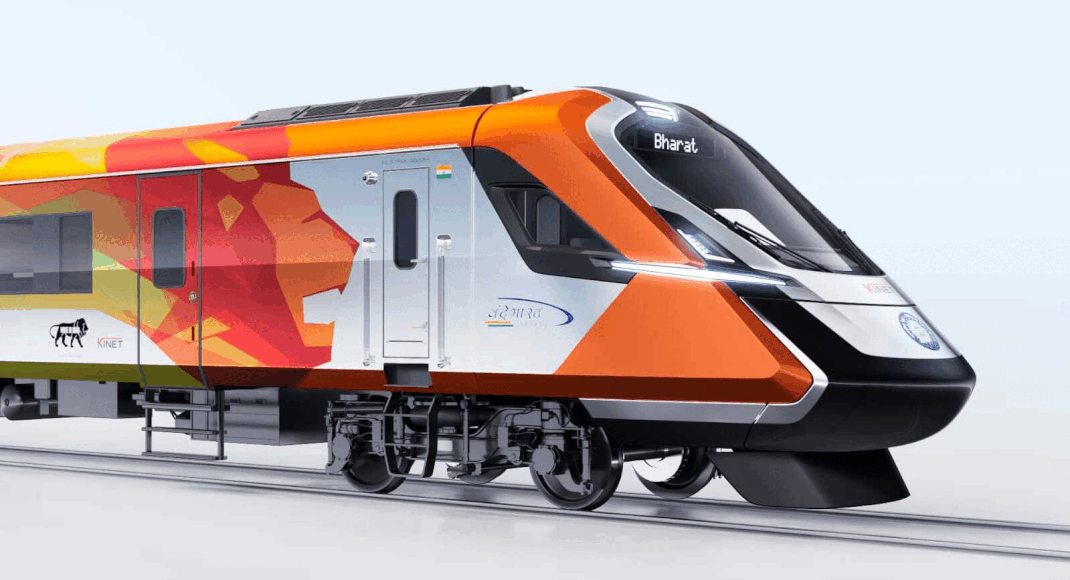
Donald Trump will pledge to personally recruit foreign companies and outline new incentives — including an offer of federal land — designed to lure operations to the US during an economic address on Tuesday in Savannah, Georgia.
The Republican presidential nominee will outline a carrot-and-stick approach, according to a senior Trump adviser who requested anonymity to detail the proposal, luring those who sell into the US with a more favorable business climate while also threatening harsh tariffs on imports.
The speech is the latest effort by Trump to cast himself as the best steward of the economy, seeking to seize on a top issue for voters with less than 50 days before the election. Trump’s Democratic opponent, Kamala Harris, is expected to outline her own economic vision during a campaign appearance in Pittsburgh on Wednesday.
The choice of Savannah — a growing port city in a crucial battleground state — is intended to illustrate the former president’s desire to transform the US economy to become a greater exporter of domestically manufactured goods.
In his speech, Trump will discuss the ways he intends to woo foreign manufacturers to the US through a lower corporate tax rate, fewer regulations, cheap energy, strong ports and even government land.
Some of these policies, like a lower corporate tax rate, would require congressional approval, and aides did not provide specifics on what federal lands might be made available.
If the companies decline to relocate their manufacturing operations to the US, then they would be subject to tariffs, according to the proposal obtained by Bloomberg. This is the latest effort by Trump to spell out the ways his tariff policy would work, with countries like China facing anywhere from 60% to 100% tariffs. European Union countries would not be immune to tarrifs in a second-term either.
The Peterson Institute for International Economics estimated that a 10% tariff on all imports, plus 60% on China – ideas Trump has floated if he wins in November — could raise $225 billion a year, before retaliatory steps taken by other countries. But the tax and spending promises that Trump has rolled out so far would add somewhere between $5.2 trillion and $6.9 trillion to federal deficits over the next decade, according to analysis by the Penn Wharton Budget Model.
Trump previewed some of his proposed punitive measures earlier Monday, saying he would hit US farm machinery maker Deere & Co with steep tariffs if the company moves production to Mexico during an event on American farmers and trade.
“I’m just notifying John Deere right now, if you do that, we’re putting a 200% tariff on everything that you want to sell into the United States,” Trump said Monday, citing reports about the company shifting manufacturing to Mexico.
Deere earlier this year said it planned to lay off hundreds of US workers, even as the company was acquiring land in Mexico to shift some production.
Still, Harris has cast Trump’s tariff proposals as a tax on American consumers, and critics have challenged the former president’s claims that the penalties could offset the cost of a bevy of corporate and income tax cuts he’s proposed.
Trump is expected to say in his speech on Tuesday that his administration, if he wins a second term, would take other countries’ jobs and factories, bringing trillions of dollars back to the US, according to a campaign aide.
Polls consistently show that voters favor Trump on economic policy, even as Harris has made inroads in recent weeks. The former president’s aides are keen to keep focus on the topic alongside immigration – the two areas where they see Harris as most vulnerable.
The Republican presidential nominee will outline a carrot-and-stick approach, according to a senior Trump adviser who requested anonymity to detail the proposal, luring those who sell into the US with a more favorable business climate while also threatening harsh tariffs on imports.
The speech is the latest effort by Trump to cast himself as the best steward of the economy, seeking to seize on a top issue for voters with less than 50 days before the election. Trump’s Democratic opponent, Kamala Harris, is expected to outline her own economic vision during a campaign appearance in Pittsburgh on Wednesday.
The choice of Savannah — a growing port city in a crucial battleground state — is intended to illustrate the former president’s desire to transform the US economy to become a greater exporter of domestically manufactured goods.
In his speech, Trump will discuss the ways he intends to woo foreign manufacturers to the US through a lower corporate tax rate, fewer regulations, cheap energy, strong ports and even government land.
Some of these policies, like a lower corporate tax rate, would require congressional approval, and aides did not provide specifics on what federal lands might be made available.
If the companies decline to relocate their manufacturing operations to the US, then they would be subject to tariffs, according to the proposal obtained by Bloomberg. This is the latest effort by Trump to spell out the ways his tariff policy would work, with countries like China facing anywhere from 60% to 100% tariffs. European Union countries would not be immune to tarrifs in a second-term either.
The Peterson Institute for International Economics estimated that a 10% tariff on all imports, plus 60% on China – ideas Trump has floated if he wins in November — could raise $225 billion a year, before retaliatory steps taken by other countries. But the tax and spending promises that Trump has rolled out so far would add somewhere between $5.2 trillion and $6.9 trillion to federal deficits over the next decade, according to analysis by the Penn Wharton Budget Model.
Trump previewed some of his proposed punitive measures earlier Monday, saying he would hit US farm machinery maker Deere & Co with steep tariffs if the company moves production to Mexico during an event on American farmers and trade.
“I’m just notifying John Deere right now, if you do that, we’re putting a 200% tariff on everything that you want to sell into the United States,” Trump said Monday, citing reports about the company shifting manufacturing to Mexico.
Deere earlier this year said it planned to lay off hundreds of US workers, even as the company was acquiring land in Mexico to shift some production.
Still, Harris has cast Trump’s tariff proposals as a tax on American consumers, and critics have challenged the former president’s claims that the penalties could offset the cost of a bevy of corporate and income tax cuts he’s proposed.
Trump is expected to say in his speech on Tuesday that his administration, if he wins a second term, would take other countries’ jobs and factories, bringing trillions of dollars back to the US, according to a campaign aide.
Polls consistently show that voters favor Trump on economic policy, even as Harris has made inroads in recent weeks. The former president’s aides are keen to keep focus on the topic alongside immigration – the two areas where they see Harris as most vulnerable.









